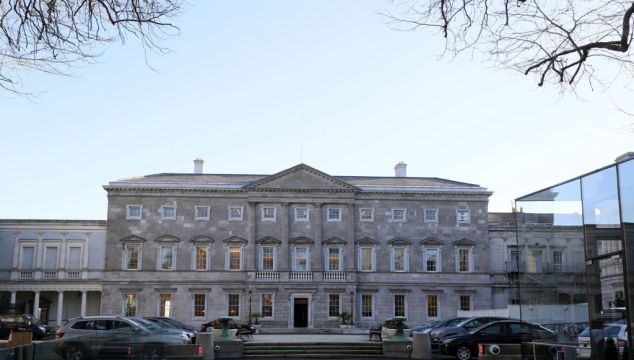Ireland continues to trail a number of its European counterparts when it comes to the perceived level of corruption within the State.
The Corruption Perceptions Index (CPI), which draws from the findings of up to 13 international sources, ranks 180 countries based on perceived levels of corruption. According to the index, the more points a State ranks out of 100, the less it is perceived to be affected by public-sector corruption.
Of the 180 countries on the index, Ireland ranks joint 13th, with the State having improved its score from 72 to 74. It falls behind neighbouring European countries such as Finland and Germany which scored over 80.
Finland, along with Denmark and New Zealand, are perceived to be the least corrupt countries having scored the highest on the CPI index with 88 out of 100.
Meanwhile, Somalia (13), Syria (13) and South Sudan (11) remain at the bottom of the CPI.
According to Transparency International (TI), the Irish Government and opposition parties need to press ahead with open-government and anti-corruption reforms in order to improve the State's perception
"Ireland performs relatively well in comparison to most countries on the CPI, but that is no indicator of actual levels of corruption here," John Devitt, chief executive of TI Ireland explained.
"The risk of corruption is still underestimated in local government, companies and State bodies and our last public survey, the Global Corruption Barometer, showed that a large proportion of the public think corruption is a problem.
"We can also see this in the polls, and if the Government is to restore public confidence in its ability to stop abuse or misuse of power, it needs to accelerate efforts to promote transparency and accountability in public office."
In 2020, the Government published the Hamilton Review that detailed steps to tackle "white-collar crime", a move which TI welcomed.
"The Government is due some credit for some of the measures that it has introduced over the past number of years, but it can’t afford to delay long-overdue reforms any further," said Mr Devitt.
The TI has called for the restoration of the Public Sector Standards Bill 2015 which required TDs and officer holders to disclose additional financial interests including large loans and liabilities.
The organisation has also called for the establishment of an independent Anti-Corruption Bureau that would be dedicated to investigating political corruption and related offences.







